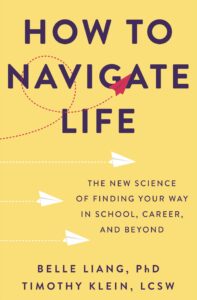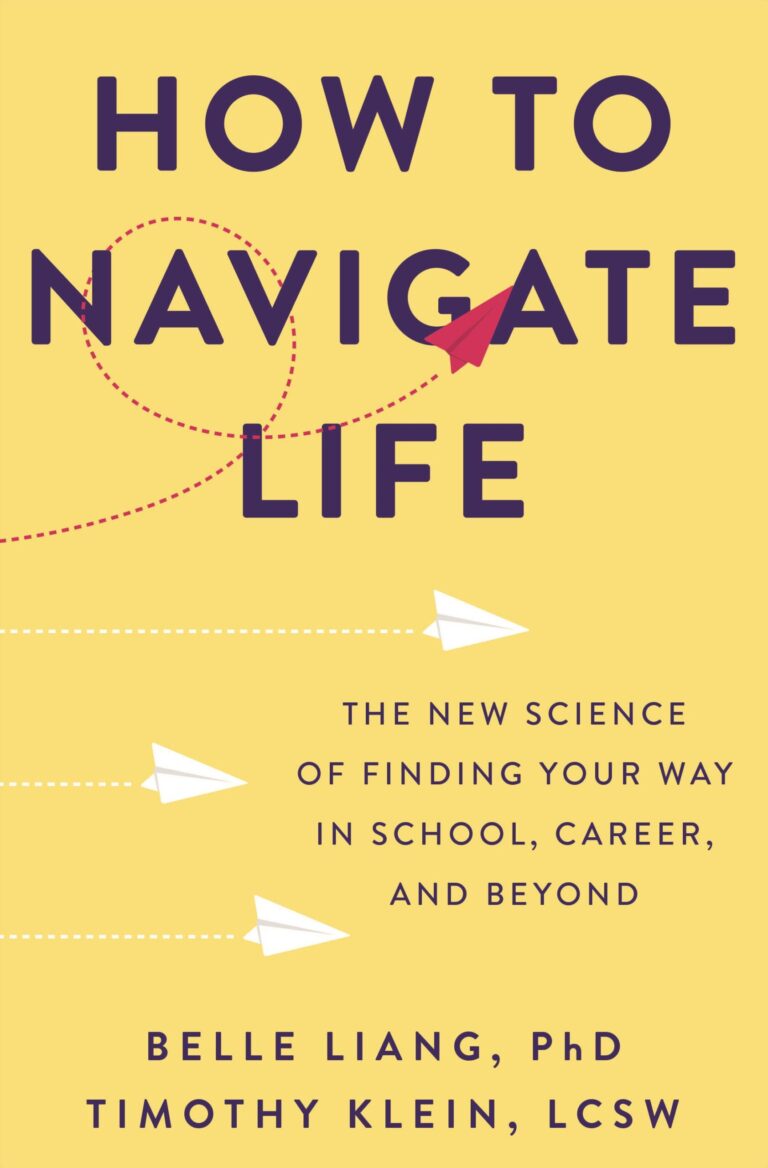
The mass resignation triggered by the global pandemic has made recruiting and retaining talent one of the biggest challenges for leaders and organizations.
The dominant narrative at the beginning of the pandemic was that workers resigned out of fear of infection, loss of childcare, and various other complications. The initial exodus transformed into a cultural rejection of hustle culture. Young professionals had had enough: they were no longer willing to sacrifice their personal lives at the altar of achievement.
The data suggests there’s some truth to this narrative. Healthy work/life balance is one of the top priorities for Gen Z and millenials when considering a new jobopens PDF file . Inspired by social media influencers who are forgoing traditional careers and embracing van life, nearly 50 percent of Gen Zers say they’d rather be unemployed than unhappy.
While calling young people lazy is a time-honored tradition, there’s more to this story. Young professionals have no shortage of ambition and work ethic. They’ve earned the best test scores and highest grades en route to becoming the most educated generation ever. Rather than quit working altogether, they’ve become pickier about who and what they work for. The Great Resignation is a Great Migration.
What’s Really Fueling The Great Migration?
Gen Z and Millennials aren’t avoiding responsibility, they’re simply prioritizing more purposeful work. Purpose is doing work that’s personally meaningful and contributes beyond oneself. Our research shows that purpose and belonging come from opportunities to grow our character strengths and skills while contributing in ways that align with our core values.
Of those planning to change jobs, 81% are looking for roles that better align with their interests and values, and 76% are seeking to learn new skills. Recruiting and retaining this purposeful generation of workers will require a new type of leadership that is Purpose and Belonging Informed (PBI).
Becoming Purpose & Belonging Informed
PBI leaders put purpose and belonging at the heart of workplaces in three ways: they infuse purpose from the top-down and the bottom-up; they transform professional development into purpose development, and they provide opportunities to practice purpose on a daily basis.
Discover Purpose from the Top-Down & Bottom-Up
PBI leaders identify purpose from the organization down, and from the employees up. PBI leaders also know what the top and bottom purposes are: they’ve identified why their organization is essential in the world, and what purposes get their employees up in the morning. They are also clear on their personal purpose.
PBI leaders create diverse and engaging opportunities for their organizations to explore, articulate, and align diverse purposes. Just like tires need to be aligned to keep a car going, so too does purpose.
These leaders ask of their organization:
- What is our competitive advantage? (Strengths)
- How do we need to grow and evolve? (Skills)
- What do we stand for and what are we willing to sacrifice for? (Core Values)
- What’s the legacy we want to leave behind? (Contribution)
They ask of themselves:
- How do I want to be remembered? (Strengths)
- How do I want to grow and evolve? (Skills)
- What do I stand for and what am I willing to sacrifice for? (Core Values)
- What difference do I want to make in this organization or as a leader (Contribution)
They ask of their employees:
- What strengths make you feel like your best self? (Strengths)
- How do you want to grow and evolve? (Skills)
- What’s most important to you as a professional? (Core Values)
- What difference do you want to make in this organization and beyond? (Contribution)
PBI leaders don’t have all the answers, but they have the right questions.
Transform Professional Development Into Purpose Development
Beyond discovery of purpose, PBI leaders cultivate purpose. The good news is that 85% of executives find their work purposeful. The bad news is that only 15% of front-line workers are living their purpose at work.
It’s no coincidence that front-line workers are also 10 times less likely to have opportunities to reflect on their purpose at work.
The research is clear: the more we reflect on our work and lives, the more likely we are to grow more purposeful.
Three out of four employees say they lack the professional development needed to reach their potential. PBI leaders solve this problem by providing the space, resources, and opportunities needed for all their employees, (not just those in the C-Suite), to cultivate more and more purpose at work.
PBI leaders transform professional development into purpose development: rather than merely providing technical skills needed in specific roles, they create opportunities for their people to develop professional and personal purpose.
A whopping 94% of employees said they would stay longer if their company committed to helping them learn. PBI leaders foster deep learning in meaningful ways.
Practice Makes Purpose
PBI leaders recognize that purpose must be practiced daily. Purpose isn’t just words on a website. Its actions lived out in daily micro-moments.
PBI leaders practice purpose in moments that matter. They consistently talk to their people about things that are important to them, and they consistently treat their people, customers, and work in ways that are consistent with their purpose and mission. This can be as simple as starting a meeting or check-in with questions that reflect these priorities such as: What skills have you been using recently? What’s a recent contribution you are especially proud of? Do you feel you are growing in ways that matter to you?
Asking people these purpose-oriented questions enables employees to feel they matter and belong. Employees who have a sense of belonging at work have a 56% increase in job performance, are 50% less likely to leave their jobs and use 75% less sick days.
PBI leaders act on purpose by making decisions that put people and purpose before performance and profits, even if it requires sacrifice. They cultivate transformational, not transactional relationships. Transactional leaders rely on rewards (pay, titles, perks) or punishments to keep employees in line. PBI leaders prioritize genuine care of their employees above all else. Even when employees leave to continue their careers elsewhere, PBI leaders continue to act in these people’s best interests, making good faith efforts to support their ongoing purpose journeys.
This creates a virtuous cycle: employees who leave their jobs in good standing are much more likely to boomerang back, with greater purpose and performance.
Ultimately, PBI leaders succeed because doing good for employees is also good for business.
Purchase HOW TO NAVIGATE LIFE: The New Science of Finding Your Way in School, Career, and Beyond on Amazon and Bookshop.

